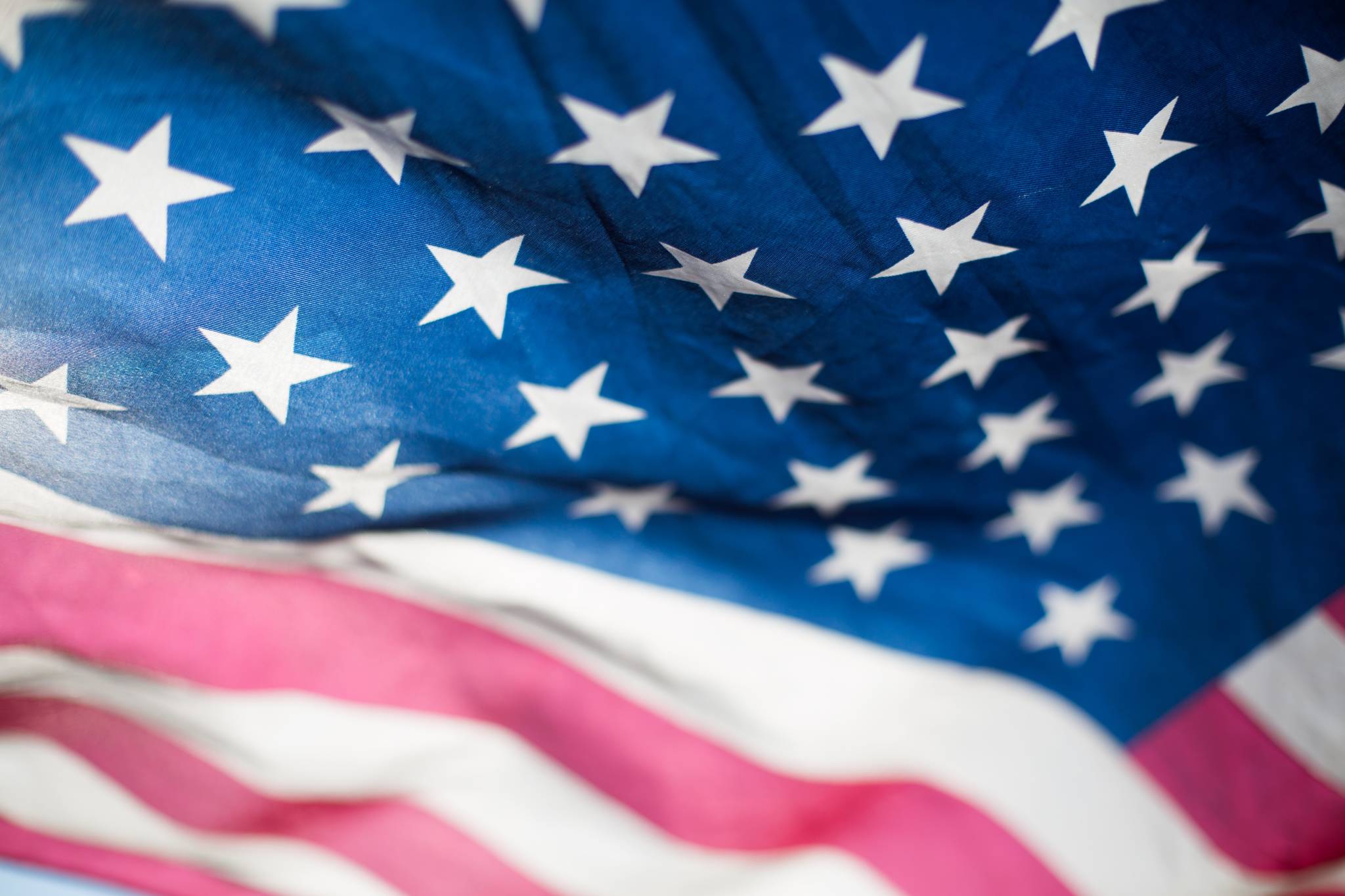By Rich Moniak
“Over the past two decades, there have been both accomplishments and mistakes made by four successive administrations regarding our mission in Afghanistan” Sen. Dan Sullivan said in response to President Joe Biden’s speech about the dire situation there. But always the partisan opportunist, he had to add “if the flag of the Taliban is flying over the U.S. embassy in Kabul on the 20th anniversary of the 9/11 terrorist attacks, Joe Biden will be solely responsible for that sickening and dispiriting image.”
That was one of many statements from the right and left that sidesteps the real humiliation America should feel.
“There’s something not quite right in assigning ‘humiliation’ to America — something selfish and ultimately self-aggrandizing,” Robin Givhan argued in the Washington Post. “To call it humiliation is to make America the center of this story — not the sweeping war saga that has lasted for decades, but the tragic humanitarian chapter that began to unfold in the past weeks.”
For most Americans, the war saga didn’t last decades. It began with the U.S. military’s massive bombing campaign less than a month after 9/11. And it ended a few months later after the last remaining Taliban fighters were killed in the battle of Tora Bora or fled to Pakistan.
We never expected to lose. After all, our military was the mightiest the world had ever seen. A decade earlier, the U.S.-led coalition routed Saddam Hussein’s Iraqi forces in less than a month.
Hubris feasts on short, decisive victories though. Givhan insightfully tells us “Humiliation and hubris are siblings. They are the conjoined twins of self-regard.”
Recall the prideful grin of President George W. Bush as he spoke under a banner of “Mission Accomplished” six weeks after he ordered the invasion of Iraq. The moment called for humility, not boasting like a rooster strutting his dominance. The satisfaction of victory should focus on of the end of civilian suffering, not flatter our nation’s ego by acting like everything our mighty forces did was right and just.
It wasn’t. Under the inhumane excuse of “collateral damage,” the invasions and their bloody aftermath killed tens of thousands of innocent civilians.
But that’s not what turned public sentiment against both wars. What soured Americans most is that we were no longer winning. The Taliban resurgence in Afghanistan began not long after Bush’s imprudent photo op. And before the year ended, a Sunni led insurgency kicked off a new battle in Iraq.
Now, almost 20 years later, we’re leaving Afghanistan a defeated nation. And Sullivan mistakenly imagines that the way it ended is what’s eroding “America’s standing in the world.”
I agree with his assessment that the Biden administration “botched execution of its own” withdrawal plan. But a perfectly executed withdrawal wouldn’t have masked the embarrassment of defeat. From that perspective, maybe it’s fitting that last week’s scenes reminded us of the evacuation of our embassy in Saigon in 1975.
In the ten years prior that fateful day, more than 57,000 American soldiers were killed in a war unjustly prolonged because two presidents didn’t want their legacy tainted by losing it. Desperate to win, they dropped more bombs on Vietnam and its neighbors than we did during all of World War II.
According to estimates by the Vietnamese government, two million civilians were killed during the war. The U.S. Department of Defense claims it was fewer than 200,000. But trusting their figure is like giving consideration to Taliban doubts that 2,977 Americans were killed on 9/11.
To help forget how wrong we were in Vietnam, the country often looked back to our greatest military triumph.
World War II wasn’t a war that we could have avoided. And we rightfully honored the courage and sacrifices of our soldiers who served on both fronts.
But a true remembrance of that war should include the death and destruction we unleashed from the air.
American bombing missions killed about 115,000 civilians in Berlin, Hamburg and Dresden. And another 230,000 to 400,000 after we firebombed Tokyo and dropped nuclear bombs on Hiroshima and Nagasaki.
One might argue that was the necessary cost of defeating fascism. But win or lose, the humiliation from the killing done in our name should give us the moral strength to ensure America never fights another needless war.
• Rich Moniak is the father of a soldier who served multiple tours in the wars. Moniak was an active member of two local peace groups. Columns, My Turns and Letters to the Editor represent the view of the author, not the view of the Juneau Empire. Have something to say? Here’s how to submit a My Turn or letter.

